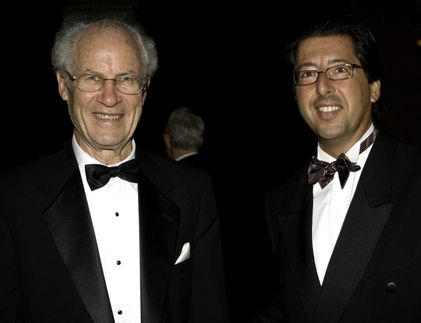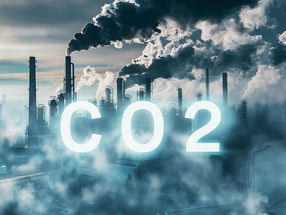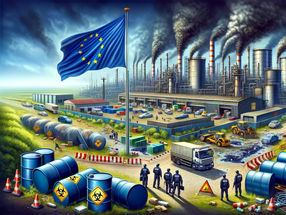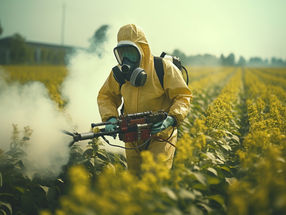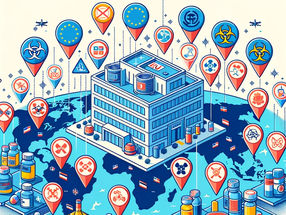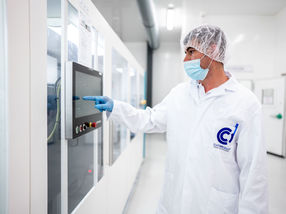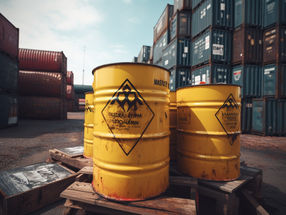Environmental protection and chemical security in developing countries -- a mutual burden
A chemical/social service corps of scientists could help industrialized nations to better understand the problems of handling chemicals and the search for appropriate environmental protection measures in developing countries. This unconventional proposal has been put forth by Carl Djerassi in an essay in Angewandte Chemie. Djerassi, a chemist and known as a "father of the birth-control pill" is not only a scientist and entrepreneur, he has also made a name for himself as an author, patron of the arts, and cosmopolitan.
Djerassi's manifesto is based on the opening speech he gave in Bangkok in November 2003 at the "International Forum on Chemical Safety", a forum held every three years under the auspices of the United Nations. "The fear of chemicals largely stems from a lack of chemical knowledge," says Djerassi. "The population in underdeveloped countries is often unaware to what extent and in which ways they are exposed to chemicals." Even if the financial and technical help of industrialized nations is necessary in the end, the sovereignty over decisions must remain the responsibility of the country in question. Cooperative action would be required to make it easier for people in poor countries to participate in such decisions as equals. Djerassi thus proposes a partnership at the scientific level; the chemical societies in industrial countries (such as the German Chemical Society) should establish a steering committee. This would raise interest at universities in industrialized nations for projects leading to new decontamination processes, and perhaps more importantly, simple and effective methods for the detection of contamination in, for example, drinking water which can be implemented by laypeople. This area of research has thus far not enjoyed any particular respect at the elite universities in industrialized countries and is barely included in the curriculum. In Bangkok too there were conspicuously few chemists from universities or national chemical societies in attendance. In addition, the consortium of chemical societies should form a "chemical/social service corps". "I can imagine," says Djerassi, "that doctoral students and postdoctoral researchers from industrialized nations would work with local colleagues in guest countries on projects involving on-the-spot detection of chemicals and decontamination. The turnover of personnel would allow a large number of young scientists to work on these problems. The cooperation would also be nongovernmental and multilateral, thus avoiding the political stigma of bilateral assistance.
Most read news
Other news from the department politics & laws

Get the chemical industry in your inbox
By submitting this form you agree that LUMITOS AG will send you the newsletter(s) selected above by email. Your data will not be passed on to third parties. Your data will be stored and processed in accordance with our data protection regulations. LUMITOS may contact you by email for the purpose of advertising or market and opinion surveys. You can revoke your consent at any time without giving reasons to LUMITOS AG, Ernst-Augustin-Str. 2, 12489 Berlin, Germany or by e-mail at revoke@lumitos.com with effect for the future. In addition, each email contains a link to unsubscribe from the corresponding newsletter.
